The Malta Initiative is a voluntary network without an official mandate; its activities are supported though the engagement of the following bodies:
The Malta Initiative Board coordinates and harmonises the diverse activities of the Malta Initiative.
The Malta Initiative encourages everybody to contribute to OECD TG development. Any country or organisation interested in supporting the Malta Initiative is welcome.
The Malta Initiative Board (MIB) was formed to coordinate the various activities of the Malta Initiative in a targeted way. The board members represent the EU member states, authorities of the European Commission, the EU NanoSafety Cluster (a cluster of all EU research projects on nanosafety) and industry. The members are renowned experts from the fields of physical-chemical characterisation, human health effects and environmental and biotic effects.
The MIB members have strong links to various OECD working parties and the ISO/CEN as key institutions for standardisation. They are also familiar with OECD working practices and procedures. The members of the MIB act as ambassadors for the Malta Initiative and its spirit.
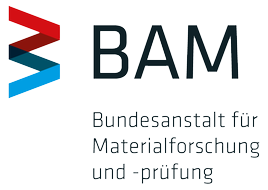
BAM – Federal Institute for Materials Research and Testing, Germany (Agency)
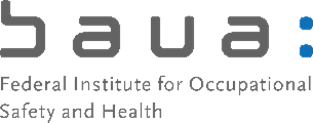
BAuA – Federal Institute for Occupational Safety and Health, Germany (Agency)

BMAS – Federal Ministry of Labour and Social Affairs, Germany

BMK – Federal Ministry for Climate Action, Environment, Energy, Mobility, Innovation and Technology, Austria

Bureau for Chemicals Substances, Poland (Agency)
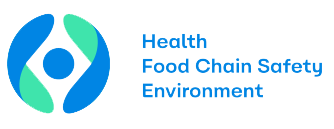
FPS – The Federal Public Service Health, Food Chain Safety and Environment, Belgium (Agency)
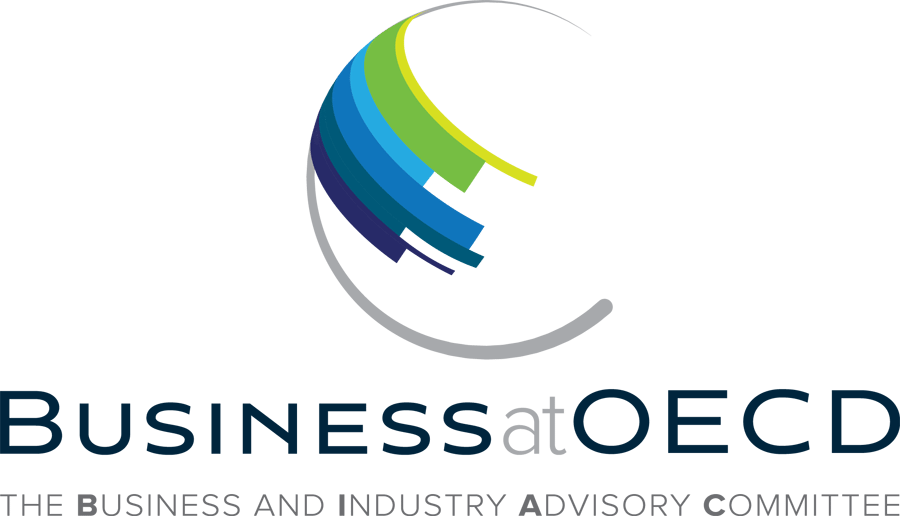
BIAC – Business at OECD, France (Association)
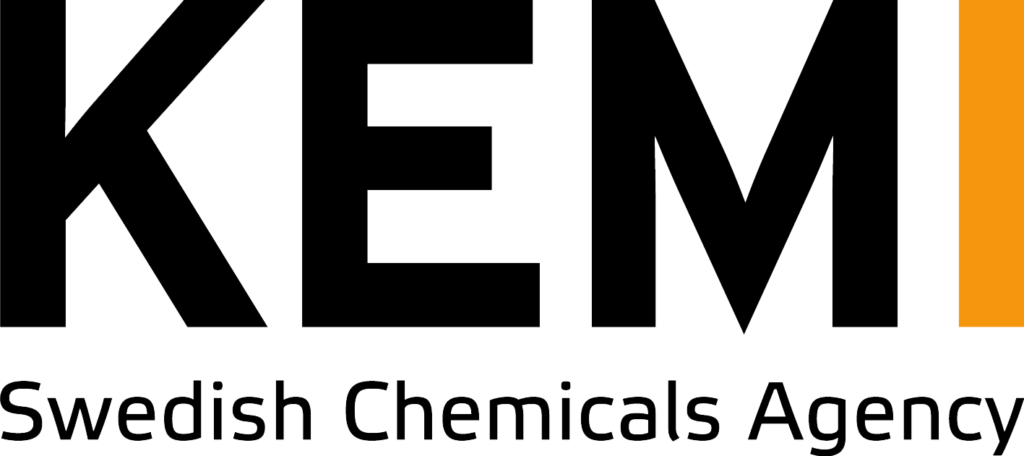
KEMI – Swedish Chemicals Agency, Sweden |

UA – University of Aveiro, Portugal

LNE – Laboratoire national de métrologie et d’essais, France (Agency)

DEFRA – Department for Environment, Food & Rural Affairs, United Kingdom (Ministry)

Ministère de la Transition écologique, de l’Énergie, du Climat et de la Prévention des risques, France

European Centre for Ecotoxicology and Toxicology of Chemicals, Belgium (Association/Network)

Ministry for the Ecological Transition and the Demographic Challenge, Spain
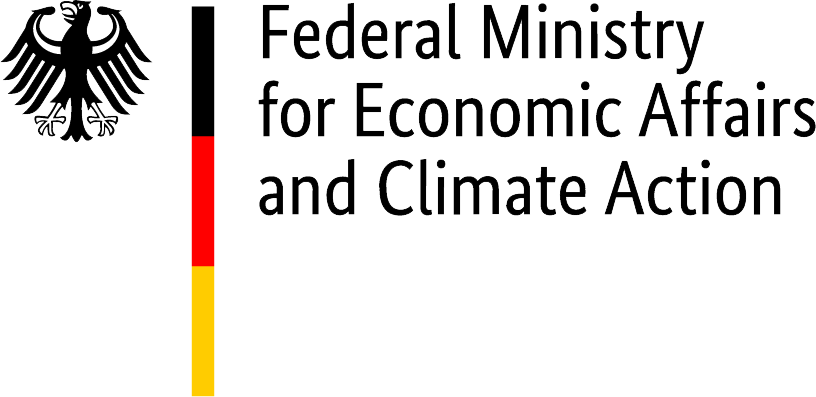
BMWK – Federal Ministry for Economic Affairs and Climate Action, Germany
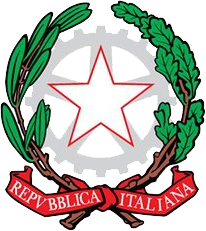
Ministry of Health, Italy

BMUV – Federal Ministry for the Environment, Nature Conservation, Nuclear Safety and Consumer Protection, Germany
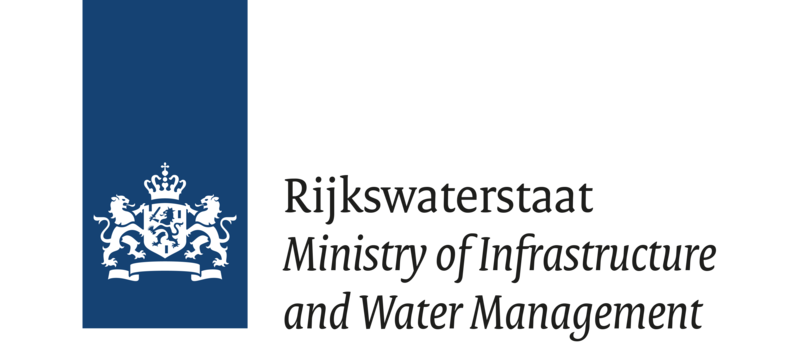
Ministry of Infrastructure and Water Management, Netherlands

NanoFabNet – international Hub for sustainable High-Tech Innovation (Association/Network)
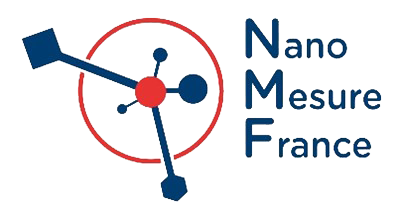
NanoMesureFrance, FrancePartnership created jointly by France Chimie, FEBEA and the LNE
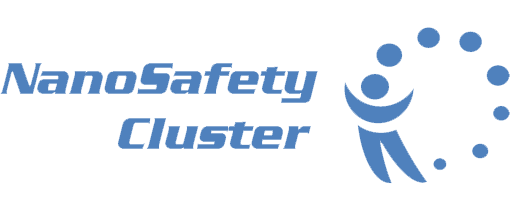
EU NanoSafety Cluster (Association/Network)
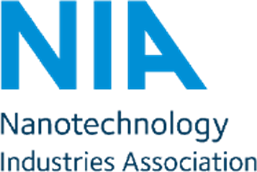
NIA – Nanotechnology Industries Association, Belgium

Ministry of Health, Welfare and Sport, Netherlands

National Research Centre for the Working Environment, Denmark (Agency)

UBA – Umweltbundesamt, Germany (Agency)

University of Birmingham, United Kingdom